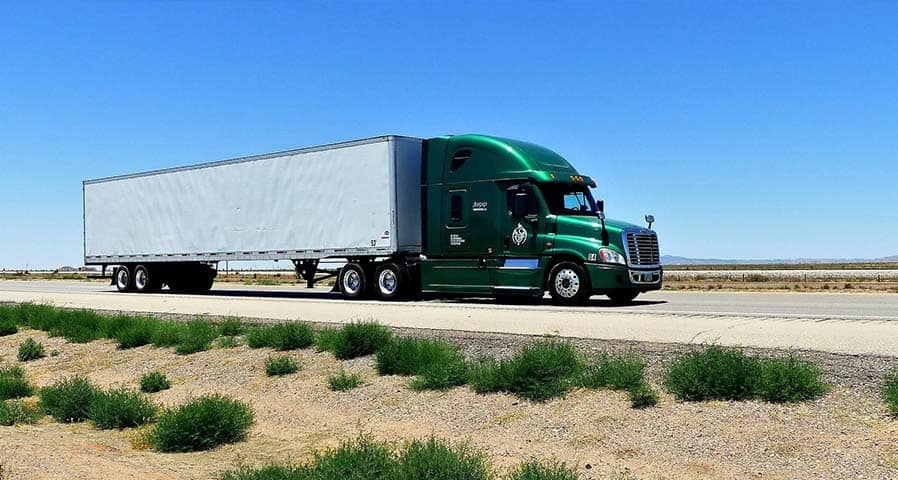Gas prices are rising, and everyone is feeling the pain at the pumps from companies to individuals. Fuel costs frequently go up and down, unlike electricity prices which tend to be less volatile.
Electrifying fleets is a great long-term investment for companies looking for ways to stabilize their operational budgets. If you are thinking about transitioning your small fleet to electric vehicles, we are here to help you through the process.
Electric Fleets: How to Get Started and Why
Fleet electrification is a hot topic in the fleet industry. Larger fleets are starting to transition to electric at an accelerated pace, but smaller fleets without all of a larger fleet’s resources, are finding it harder to start their electrification process. Let’s look at some factors to get smaller fleets on their way to joining the Evolution!
Sustainability
Companies have several reasons to electrify fleets including sustainability. Transitioning to electric fleets shows the business is focusing on green initiatives, something consumers want to see in brands they support. Delivering your products and services in electric vehicles indicates your commitment to the environment.
Emissions
Electric fleets are a good way to reduce emissions. In 2019, studies indicate light-duty vehicles are responsible for around 60% of greenhouse gas emissions. Electrifying your fleets reduce pollution, helping to improve air quality for the community.
You are Ready for the Future
The recent Covid-19 pandemic has shown that almost anything is deliverable. It means fleets will continue to grow. For example, food deliveries are more than double the previous year and it is only expected to increase.
Not only is it more affordable to keep electric fleets powered and ready for service, but maintenance costs over the vehicles’ lifespan are also lower compared to fuel-powered trucks. Electric vehicles come with fewer parts to repair or replace. Drivers worried about using an EV’s computer system can relax. It is similar to the ones you find in gas-powered fleets.
If you are considering fleet electrification we suggest reading our eBook: Fleet Charging – Moving Forward with Electrification. This eBook offers an in-depth look at how fleet electrification is driving the future, the simplicity of switching to an EV fleet, the economic benefits and so much more. All of our eBooks are Free to Download.
How to Know if You Have a Fleet
Some people think it’s only a fleet when a company has a large number of vehicles, servicing a large area. It is one description of a fleet, but it also applies to any business using more than one vehicle for work-related travel.
Fleets are often found at pizza joints, taxi companies, and delivery services of all sizes, to give a few examples.
What these and other businesses have in common are their shared concerns about electrifying their fleets.
Range
The possible range is a concern for business owners and fleet drivers. It refers to the distance an EV can travel on a single charge. Each year the distance is increasing. For example, GM’s Brightdrop vans can go for about 250 miles before needing a charge. The Rivian EDV 700 isn’t far behind, boasting around 200 miles on one charge. Ford’s F-150 Lightning EV has an extended range, giving you around 300 miles.
Before you start transitioning to an electric fleet, you want to run an analysis of what you need from the vehicle’s performance. Look at the range and see if it fits all of your business requirements. Some businesses may find it makes more sense to have a fleet with both EVs and gas-powered vehicles.
Usage Time
How long an EV takes to charge is the usage time. It does take longer to charge an EV than to fill a car with gas. Rotating fleet vehicles is one way you can minimize usage time, keeping deliveries running smoothly.
Managing Electric Fleets
Managing your electric fleet starts with EV charging hardware and software that’s ready for the future. All of our Noodoe chargers are optimized for the future, and you can take advantage of access to our support staff to help you through the transition process.
Contact one of Apogee Charging Solutions’ EV charger experts today and see how we can help you get your fleet ready for the future. Call 484-816-2076, email [email protected], or schedule a call this fits your needs by clicking the button below.








0 Comments